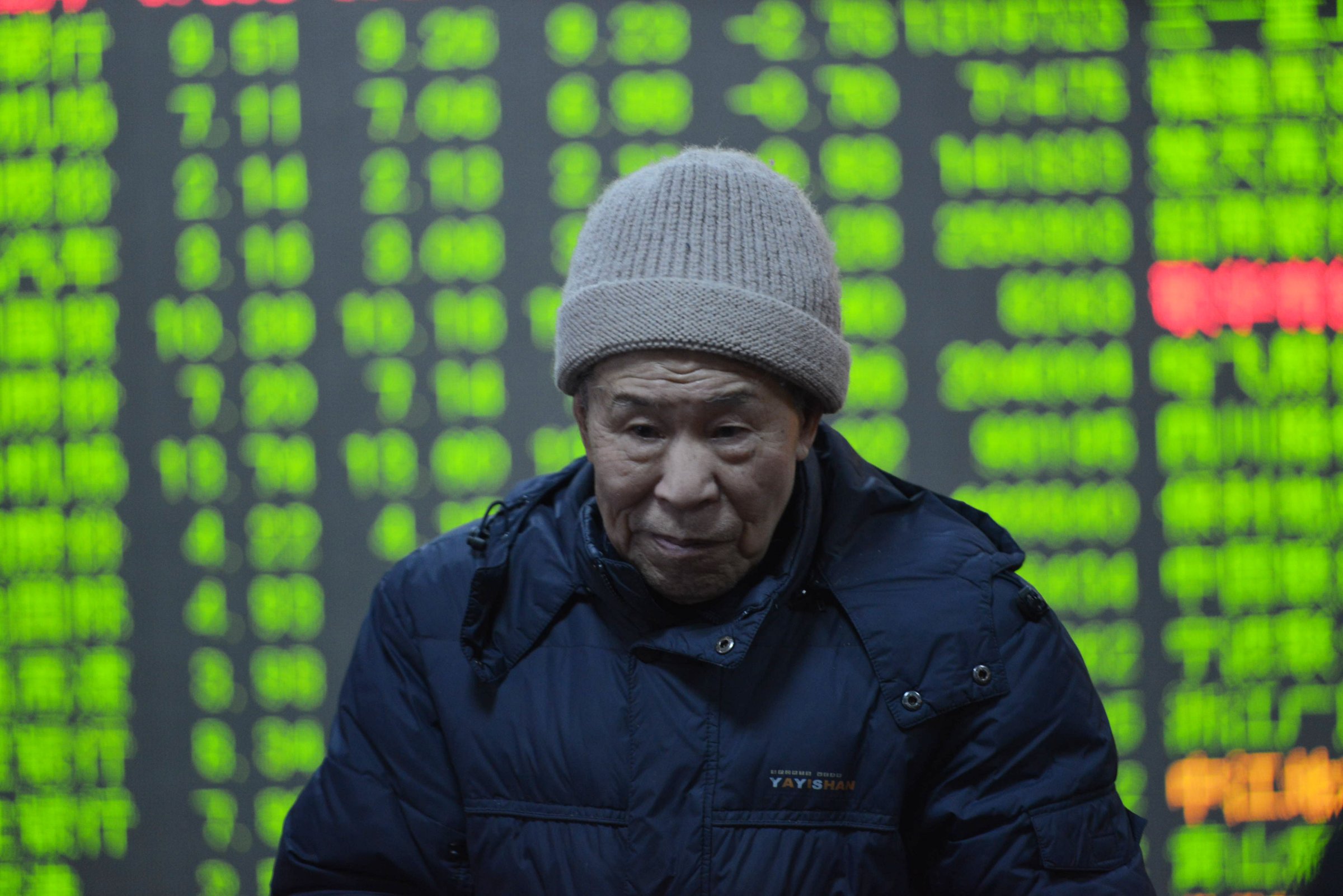
For many years now, China has been an unbeatable vacuum cleaner for global investment, factories and jobs. With its gargantuan pool of cheap labor and improving infrastructure, the country became the center of a sprawling, global production network that turned it into the world’s No.1 manufacturer. Meanwhile, increasingly rich Chinese consumers wooed companies from around the world to invest in China to penetrate the expanding local market.
But these days China is facing some still competition. In 2013, the five main economies in Southeast Asia – Indonesia, the Philippines, Malaysia, Thailand and Singapore – attracted more foreign direct investment ($128 billion) than China ($118 billion), according to a report form Bank of America-Merrill Lynch. In fact, FDI rose 7% in those Southeast Asian nations last year while falling almost 3% in China.
The reason is simple: China is just not as competitive as it used to be relative to other emerging economies. Wage growth in China has outpaced many other developing countries in the region and is now significantly higher than that in Indonesia, the Philippines and elsewhere. That’s not likely to change anytime soon because of unfavorable shifts in China’s population. Due to the government’s one-child policy, China is aging more rapidly than other emerging economies, and its workforce is actually shrinking.
Government policies aren’t wooing in more foreign investment, either. There is widespread concern among the international business community that reforms to open up China’s market have generally stalled, while foreign firms in certain industries, such as finance, still face extensive bureaucratic hurdles to expanding their operations. A series of high-profile government investigations and negative reports in state media have left foreign businessmen feeling unfairly targeted. In a 2013 survey conducted by the American Chamber of Commerce in China, only 28% of the respondents saw the country’s investment climate improving, down from 43% the year before.
Meanwhile, China’s competitors are looking much more attractive. Take Indonesia, for instance. At the turn of the century, political instability and confusing regulation scared foreign companies away. But now Indonesia is a stable, thriving democracy, while its young population of nearly 250 million – the world’s fourth-largest – is an increasingly important pool of potential new customers for everything from cars to French fries. FDI into Indonesia surged by 17% in 2013.
The implications for China are huge. With wages rising so quickly, China is losing its edge in the low-end exports that drove its economic miracle, which potentially means jobs will start to flow towards its lower-cost competitors. China’s leaders may have to make some uncomfortable policy changes to improve the business environment for foreign investors – stripping away red tape, opening protected markets, and ensuring equal regulatory treatment for local and foreign firms. As the world’s second-largest economy, China will always get its share of global investment. But it won’t be as easy as it used to be.
More Must-Reads from TIME
- Why Trump’s Message Worked on Latino Men
- What Trump’s Win Could Mean for Housing
- The 100 Must-Read Books of 2024
- Sleep Doctors Share the 1 Tip That’s Changed Their Lives
- Column: Let’s Bring Back Romance
- What It’s Like to Have Long COVID As a Kid
- FX’s Say Nothing Is the Must-Watch Political Thriller of 2024
- Merle Bombardieri Is Helping People Make the Baby Decision
Contact us at letters@time.com